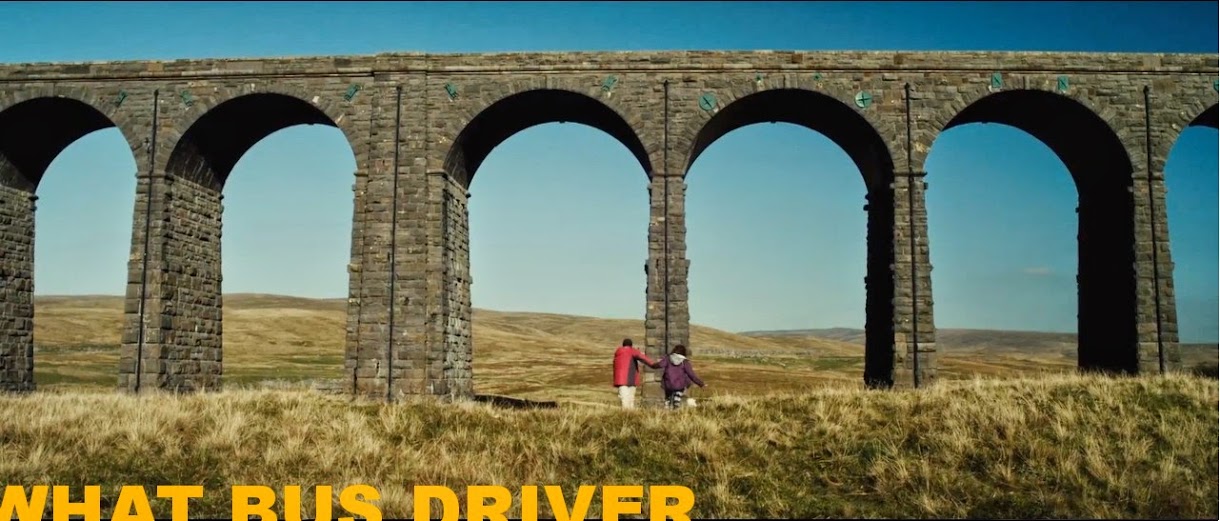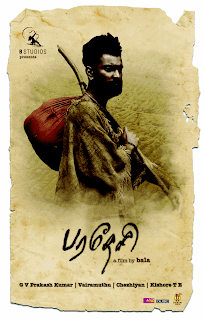Chennaiyil Oru Naal is the kind of film that gets made in Hollywood ever so often. More often that not, they are instinctively scoffed at by critics. This is a ticking time-bomb movie where characters race against time to finish a job. Even though the movie artificially manufactures a wee bit of tension without doing anything, it takes a tight screenplay to see things through. Taking place in one day, Chennaiyil features one connecting incident in the lives of four unrelated groups of people living in Chennai. And that incident is an insanely unrealistic task of transporting a heart from Chennai to Vellore in no more than 90 minutes.
The prominent players are: a famous actor who is an absentee father and full of himself, a newbie TV show host who thinks of himself as an idealistic journalist capable of changing people's lives, a newly wed Doctor and a good Cop trying to redeem himself. Then there's the Commissioner of Police, played by Sarath Kumar, overseeing this mission. While it takes some time to kick off, once it does, the film moves at very fast pace and reaches an expected conclusion without much ado.
 In the beginning, the film needlessly disturbs us with unnecessary information like the current time. But as things move on, it finds a rhythm and makes for an interesting one hour. Since it is inundated with too many characters, there are appears to be a lot of loose ends. While the casting is good enough, the quality of performance is an different story altogether. The most notable problem with the film is the level of acting from the ensemble cast. For the entire first half and on many occasions in the second half, nearly all the actors will make you cringe with their performance. Cheran is decent and Lakshmi Ramakrishnan was good in one particular scene. It's the poor acting that keeps this from being a better, more compelling film.
In the beginning, the film needlessly disturbs us with unnecessary information like the current time. But as things move on, it finds a rhythm and makes for an interesting one hour. Since it is inundated with too many characters, there are appears to be a lot of loose ends. While the casting is good enough, the quality of performance is an different story altogether. The most notable problem with the film is the level of acting from the ensemble cast. For the entire first half and on many occasions in the second half, nearly all the actors will make you cringe with their performance. Cheran is decent and Lakshmi Ramakrishnan was good in one particular scene. It's the poor acting that keeps this from being a better, more compelling film.
My favorite pass time while watching a Tamil movie is noting how the audience reacts to the images on screen. Young men down South have a really low tolerance for adultery when a man is being cheated on. I was not very surprised when a lot of people at my screening basically erupted with anger when this particular information got revealed. The feminist in me gets all worked up when such things happen. That this woman would cheat on her husband with his best friend is a very convenient shorthand. The film gives us no insight into her part of the story and unfairly turns her into a punching bag for higher reasons.
Some cameos are memorable and help make the movie a tad more interesting. Most are adequately used and do nothing to make the film better. But I cannot recall cameos which turn a decent movie into a laughably bad joke. Well, Chennaiyil Oru Naal features a guest appearance by a prominent Tamil actor who absolutely ruins the film. Even though I am tempted to reveal the actor's name, I'll let you find out for yourself. So the car carrying the heart is nearing Vellore and has to pass through a certain Jhintak Colony to reach the hospital. I think it is actually Zinda Colony but I'll call it Jhintak Colony and amuse myself. Now, this detour wasn't planned and evacuating this populated area will be impossible for the Police. So the involved people use the services of this celebrity fellow who calls up his fans to make way for the car. What follows is a hilarious stretch where the actor's fans move heaven and earth to make that happen.
At the end of all this brouhaha, the film finds a surprisingly neat closing shot- with a blinking Orange traffic light. But I guess the director really didn't want to let us leave with the satisfaction of watching a decent movie. He brings back the actor and makes him give a lengthy speech/advice about how- I walked out. The blame doesn't fall squarely on the actor for agreeing to do the cameo. The entire final act of the film is very poorly written and shakily directed. I can imagine a dozen ways of making this film better. Too bad the director didn't see what he was turning this film into.


.png)


